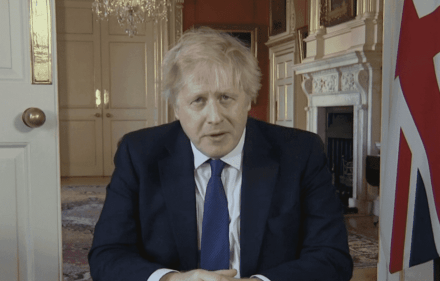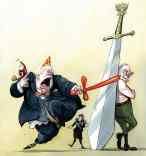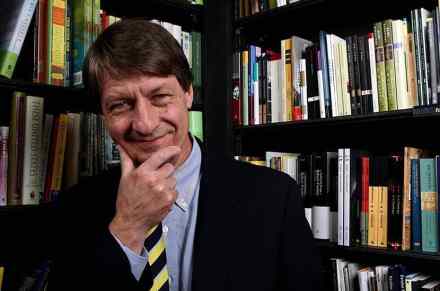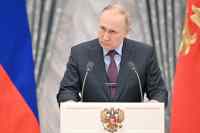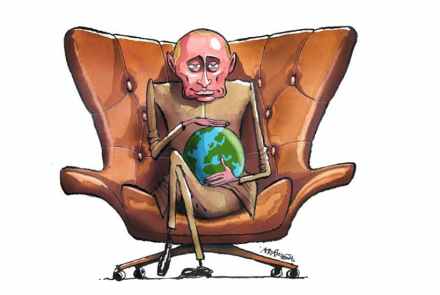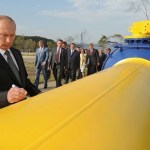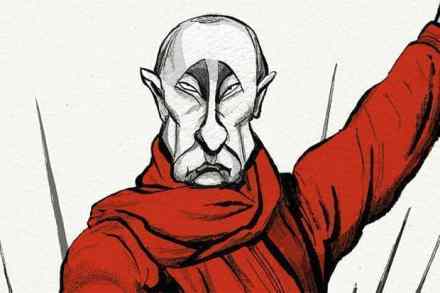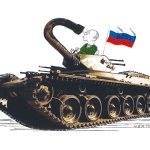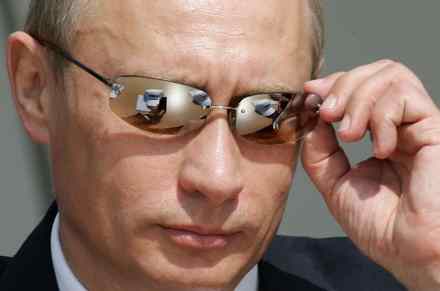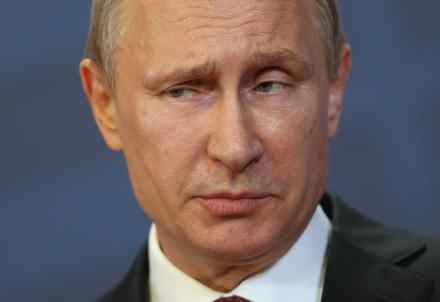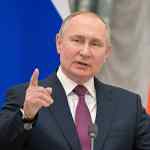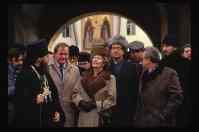Boris Johnson promises more sanctions
Following Vladimir Putin’s decision to launch a full-scale invasion of Ukraine, Boris Johnson has addressed the nation. Speaking from 10 Downing Street, the Prime Minister spoke of his regret that ‘our worst fears have now come true’ and Russia had ‘unleashed war in our European continent’. Johnson said he had spoken with the Ukrainian president to reiterate the UK’s ongoing support. A vast invasion is underway — by land, by sea, and by air. And this is not, in the infamous phrase, some faraway country of which we know little. We have Ukrainian friends in this country; neighbours, co-workers: Ukraine is a country that for decades has enjoyed freedom and democracy and the right
